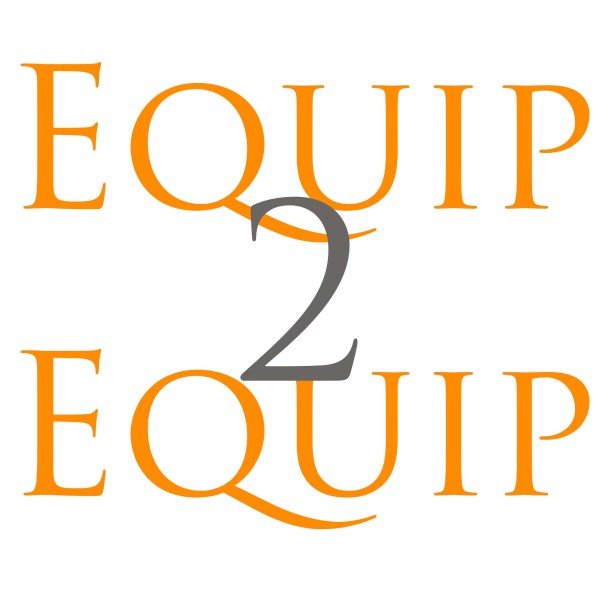 By Alli Van Roekel April 29, 2016
By Alli Van Roekel April 29, 2016
Language is a powerful thing. Words really matter. Some words immediately bring out very strong emotions in people. When it comes to spirituality, words are well…confusing.
I have often heard phrases like:
*I am spiritual, but not religious.
*I’m not the spiritual type.
*Religion doesn’t interest me but I do like some religious writings.
*I like Jesus, but not Christianity.
The terms we use have original meanings, but what matters is what they are perceived to mean. When we do Life Plans with individuals, one of the life domains we approach together is Spirituality. So, it is very important to know what it is we are talking about, and the client needs to feel at ease entering into this personal subject.
Let me propose at least one way of defining these often misunderstood terms, to provide some clarity.
At Equip 2 Equip, we use an assessment called VIA Character Strengths. One of the strengths is called, “Religiousness and Spirituality”. This strength comes naturally for some more than others. Overall, this character strength refers to the conviction that there is a nonphysical (transcendent) dimension to life. There are many benefits to this strength, including increased optimism, physical and psychological health, resilience, greater self-regulation, to name a few. But, there are really two parts to this strength if you break up the two key words:
As VIA puts it, Spirituality is believed to describe both the private, intimate relationship between humans and the divine, and the range of virtues that result from that relationship. In short, spirituality is about relationship. Even if you don’t have a particular set belief system, your worldview comes from a set of values and virtues that help you relate to your world around you. Knowing and defining this helps create a foundation for your life. From this foundation you are likely to find peace of mind and it can help you predict how you will respond to varying circumstances.
VIA describes Religiousness as an individual’s degree of acceptance of the prescribed beliefs associated with the worship of a divine figure, and that individual’s participation in public and private acts of worship.
So by this definition, if you adhere to any particular set of beliefs and practice that faith, you are religious. In its truest form, religion is really meant to show devotion to the relationship mentioned above. Out of love for the divine, one practices disciplines that strengthen that relationship and then pours out love and care for those around them.
In a Life Plan, the meaning in all of this is to learn to tend to your soul and spirit, whatever your beliefs may be at that time. Seeking to build the foundational relationship with the divine, we plan how you can best live out your spirituality authentically with deep rooted devotion. For some, this is a very confused domain and not all will find total clarity by the end of the Life Plan.
For some, they might not believe in a “divine” at all. For others, this area is already a deeply rooted area of passion for them and by addressing it in the Life Plan, they are given tools to deepen that practice and find new heights in their spiritual walk.
Wherever you are on this journey, I just want you to know that I would be absolutely privileged to walk with you.

